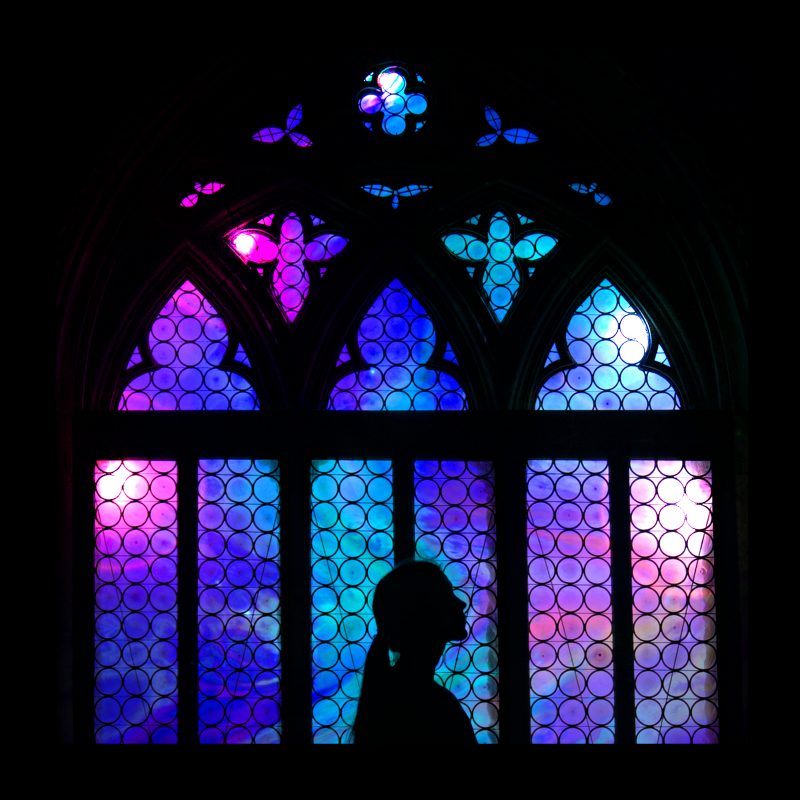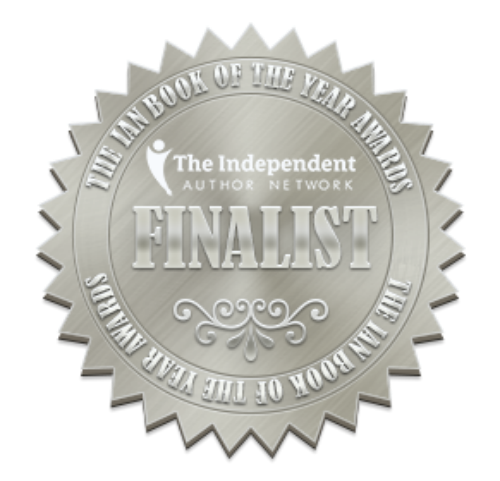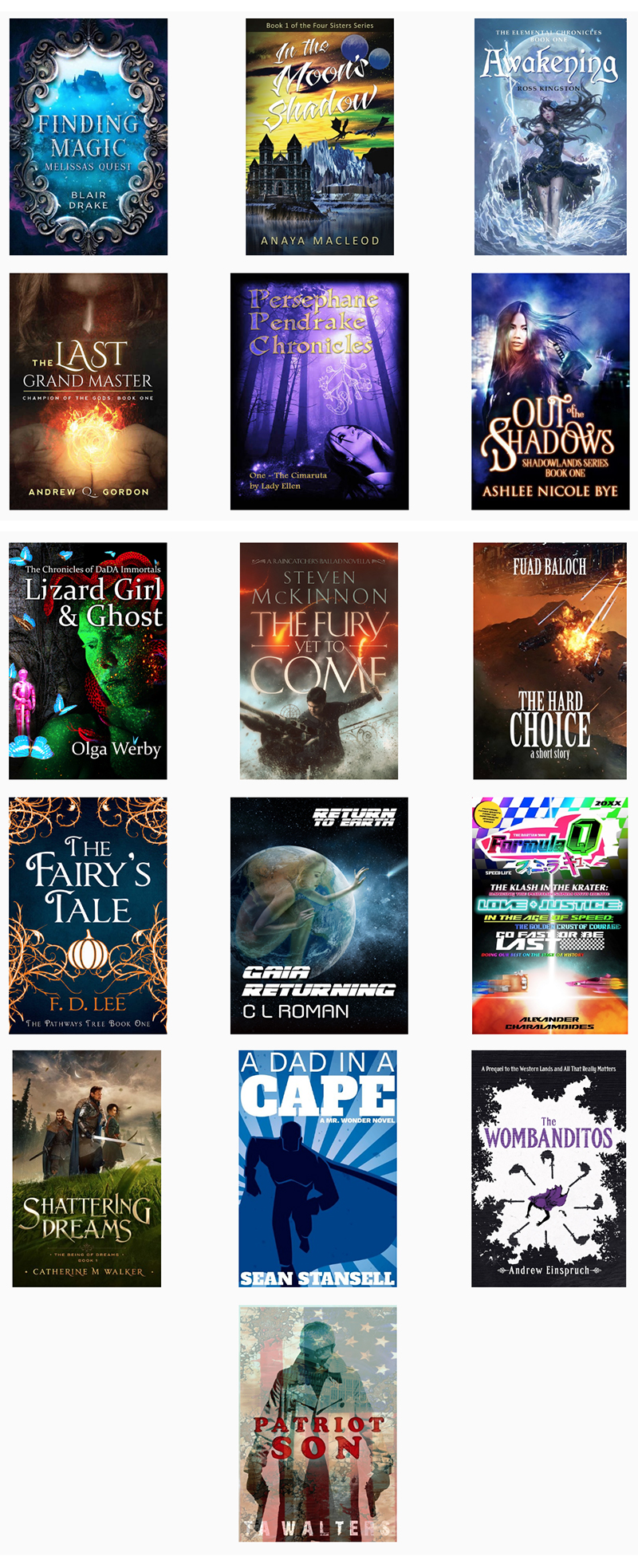I’m in the middle of two books now — one finished and ready for the fifth round of editing; and one that requires me to finally write an ending. Endings are hard… even when you know how things are going to end. But here’s a few insights from the book I’m finishing right now: God of Small Affairs. (No it’s not the first title I came up with… not even the tenth. Names are hard.)

The Beginning
I’ve started this particular story thinking it was just a short story, 5000 words max. By the time I got to about 17,000, I knew it was a book. But that was a surprise. This is not a first time a book surprised me into making me write it. The FATOFF Conspiracy was originally a short story too… and Twin Time.
Short stories are very different from novel-length works. From the structure point of view, there are fewer characters, no subplots, and a lot less description of the setting and the characters populating the story. A short story simply doesn’t have room for world building… obviously. You grab the story with the first few words and don’t let go or digress for a minute. There is no room for exposition… or pretty descriptions of fashion or cool explanations of scientific principles on which the story is based or commentary of how computer interfaces changed in the future. A novel has room to think, to orchestrate multiple melodies on a theme, whereas a short story is a driven commentary on a single cord. So I knew when I started to enjoy writing about what kinds of people would need a Good of Small Affairs that it would turn into something like a novel.
And as soon as I knew I had a novel, I realized that I was telling a story from the wrong point of view. A short story worked from a point of view of a God, but a novel required a human perspective. It’s hard to relate to the problems a god faces…
The Beginning of the Middle
By about 20,000 words into any story, I fall in love my characters. I treasure their flaws and weakness as well as their little quirks and inner strength (or lack thereof). So this is where I get into trouble. Writing a good story is all about the relentless push of troubles onto the characters — first, there is fire, then there’s a death, then there are bad guys after them, then a piano drops of their heads… Good characters just don’t get a break! I feel bad for them — couldn’t something go their way just once? Couldn’t they just live and let live? Happily ever after… It might be a boring story, but those people have suffered enough! And so I try to make things work for the fictional people I like. The rain stops so they don’t get wet. The train slows down so they could jump off safely. The cops just happen to look away at just the right time to help them get away.
In a short story, I’m so much more brutal — die, I say, die! In a short story, I haven’t yet learned to love the people I’m writing about. But by the middle of a novel (the beginning of a middle), I genuinely care about the people I write about. They become real to me. And so I feel bad for them. Every time something bad happens to them, I feel that it is so unfair.
After a few thousand words of feeling bad for all the good people in my stories, I finally go back and stir real trouble into their lives. All those scenes when it worked out just right for them are now rewritten to make everything go badly for these people… these poor poor unfortunate people. What did they ever do to deserve my evil imagination?
The Middle
An interesting thing happens in the middle — I get a true glimmer of the end. Don’t get me wrong, I usually sorta kinda know where I’m heading. You see, I’m not a plotter. I write by the seat of my pants. (Which is why some short stories get away from me and grow up to be novels.) But by 30,000 words or so, I really get to know the people and places in my story. I start to see patterns and pieces of the puzzle come unbidden and make me go back a rewrite a few things to make those ideas work. This is a fun time in the story writing process — I feel the flow.
I do a lot of research prior to starting writing. I’m interested in combining real science and history into my storylines. To that end, I have lots of notes of things I find interesting about the subject matter I will use when writing. Some of these notes are just brief ideas: “The Red Queen will be rainbow — I’m too two dimensional!” This is an actual note example. And: “Tasmanians were isolated from all other human societies by 10,000 years and 100 miles of water.” These are like jigsaw puzzles that form with very hazy outlines, and then suddenly they find their place in the story narrative. It makes my day when these pieces of the puzzle come together to reveal something I didn’t even know about my story or the people in it. It’s magical.
The middle is also the time I start working on cover art. I know what my world looks like! I can see the people in my mind’s eye. And if writing is going slow, drawing is a good way to advance the story. For me, art helps shape what I write. It’s one of the reasons so many of my books are fully illustrated.
Sneaking Up on The End
Endings are hard. I usually end up editing my work multiple times before writing the ending. It’s my time for ensuring that all the different threads that I’ve put into the story and those that magically materialized on their own weave a coherent narrative.
A few days ago, I realized that the baddie in my story wasn’t who I thought it was… that happens sometimes. True evil can lurk and hide even from the author of the story.
Knowing how the story is going to end and actually getting to that point are very different things. I remember reading that J.K. Rowling wrote the last chapter of her last Harry Potter book before she finished writing her first. She knew where she wanted to end up. I also know, but it is vague. It’s like a thick fog. You know the direction you’re going, but the details are confusing until you get very close. And then… magic again. It all comes together. The visions in my head can finally have substance on the page. I’m 70,000 words into God of Small Affairs and I can almost touch it, taste it, feel it as the story winds to an end. Perhaps just a few more thousand… and I can make some of the people came to live happily… some. Some die. That’s just how the story goes.
Enjoy
So thank you for listening! Your reward is a bunch of free books! Choose one or choose them all! I eat through books, so I need as much as I can get! My Lizard Girl is part of this giveaway. It just got awarded three 5-star reviews from Readers’ Favorite! Below is a preview of one. I’m so pleased!
Review Rating: 5 Stars
Reviewed By K.C. Finn for Readers, Favorite
Lizard Girl & Ghost is a work of cyberpunk science fiction by author Olga Werby, and forms book one of The Chronicles of DaDA Immortals. In a fascinating and extremely modern rethinking of the Sleeping Beauty tale, we meet sixteen-year-old Jude in the real world, where she lies in a comatose state. Her father, unwilling to accept this, works hard to help her regain her conscious self by using cyber technology with her digital avatar, the title’s Lizard Girl. In doing so, he hopes that the development of Lizard Girl in the cyber world will help Jude’s damaged brain to patch and heal. What he really unleashes is a whole new consciousness where Jude lives in the digital space of the Far Cinct, and questions as to how separate it is, or could be, from its physical host.
An extremely intelligent comic book come to life, Lizard Girl & Ghost, on the surface, tells an exciting and dramatic tale of illegal upgrades, hacks and life on the very edge of cyber crime. Alongside this is a very human tale of a father trying desperately to return his daughter to the physical world by augmenting her memories to live on in digital form. It’s this story line that gives way to a fascinating argument about the nature and future of virtual reality, digital consciousness and identity moving away from attachments to the physical body. Olga Werby should be highly commended for such a thought-provoking, exciting and well-developed piece of modern science fiction.
Other Good News
Becoming Animals just got another award! Woo-Hoo! You can see the “seal of approval” from The Independent Author Network. 

